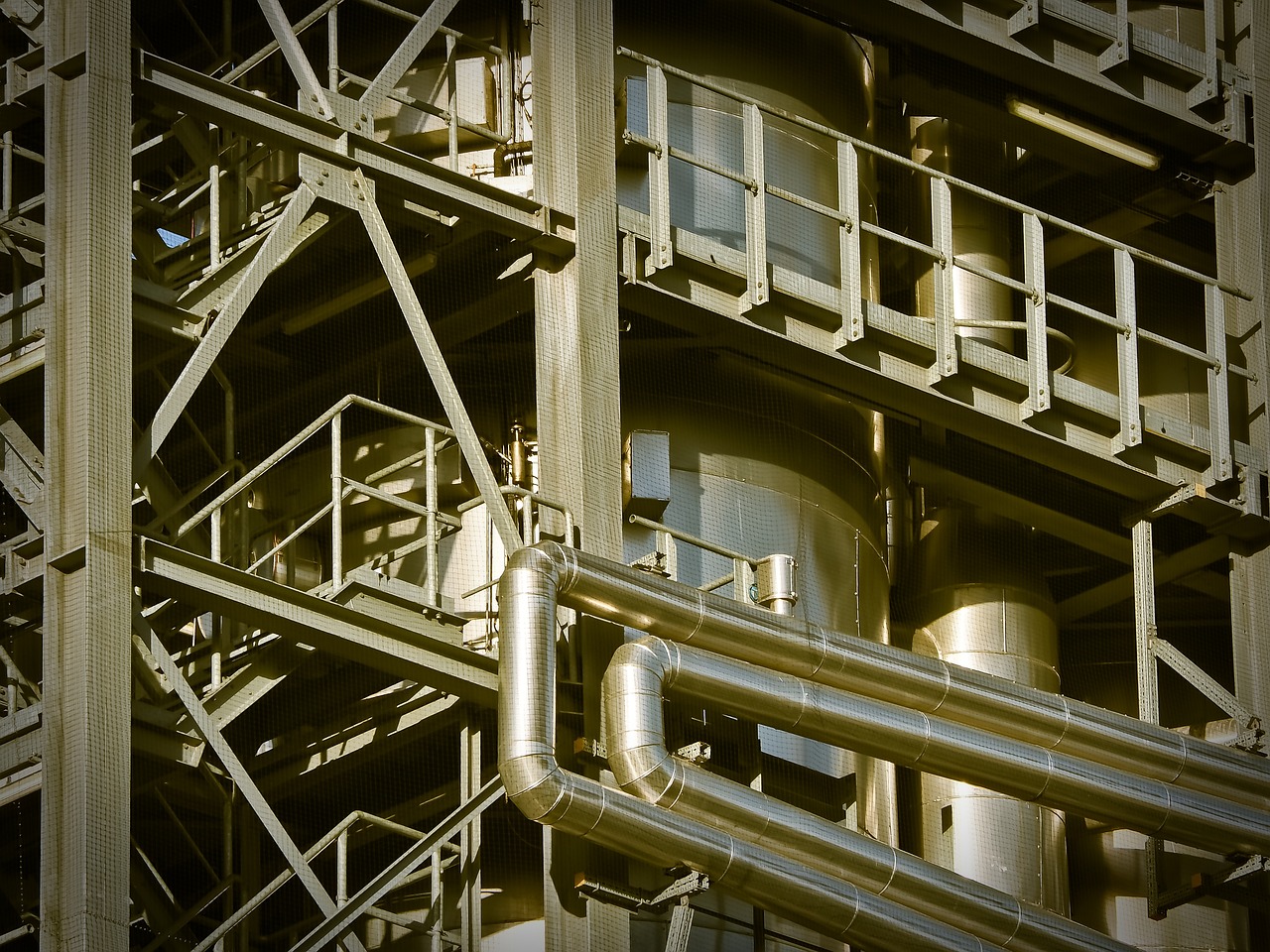The company’s global demand has fallen due to surge in coking coal prices
by Bageshri Banerjee | October 19th 2023
Tata Steel Ltd. is set to increase prices as India’s second-largest steel company anticipates a surge in production costs driven by escalating coking coal prices– one of the primary raw materials used in the steel manufacturing industry.
“We have seen an uptick in prices due to higher input costs and I anticipate that this trend will persist,” said an official spokesperson of the company. “The cost pressures are exerting upward pressure on steel prices.”
The cost of coking coal has surged to a seven-month high of $360 per metric tons globally, according to data compiled by Bloomberg. The price of Australian coking coal increased to over $350 per metric ton due to uneven rainfall and supply constraints from Queensland. India imports over half of its coking coal from Australia of around 55-60 million metric tons a year.
The coking coal price adds cost burden to the domestic steel industry which is already facing significant volatility since last year. Global factors like the Russia-Ukraine-led energy crisis, inflationary pressures, interest rate hikes, and semiconductor shortages ‘impacted the demand-supply balance’. These further resulted in a significant contraction in steel price to raw material spread through the last financial year, according to Tata Steel. This means
The higher coking coal prices have started reducing Tata Steel’s margin. Both the consolidated EBITDA and net income of the company for FY 2022-23 were substantially lower compared to the previous financial year.
“The financial performance in FY 2022-23 was impacted by higher cost structure due to elevated energy and emission-related costs and raw material price volatility,” said the Tata steel spokesperson.
Tata Steel’s international trading markets have also seen a fall in demand. Sales in Europe and Thailand dropped 4% to 1.79 metric tons (1.87 mt) and 0.28 metric tonnes (0.30 mt).
“Internationally, the situation remains somewhat fragile. China has yet to fully recover from the COVID-19 pandemic, Europe is still on shaky ground, while the United States appears more resilient. The performance of international markets will certainly influence the steel industry”, said the company.
Demand from key steel-consuming sectors such as construction, capital goods, railways, and automotive is expected to grow. Tata Steel expects a better H2 than H1, buoyed by China’s recovery outlook in the long run and a growing domestic demand.

